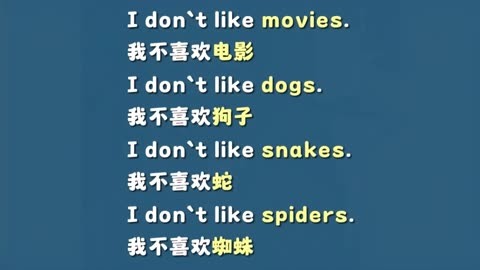Title: The Art of Cinematic English: An Exploration of Dialogue and Vocabulary in Movies

In a world filled with visual storytelling, movies have become an integral part of our lives. From blockbuster hits to classic films, cinematic dialogue and vocabulary play a crucial role in shaping the narrative and conveying emotions. In this article, we will delve into the fascinating world of English used in movies, exploring its nuances and how it contributes to creating impactful viewing experiences.
Firstly, let us understand the importance of dialogue in movies. Every word spoken by the characters on screen is carefully crafted to enhance the storyline or create a specific atmosphere. For instance, in "The Shawshank Redemption," the dialogue reflects the character's internal struggles and the societal pressures they face, providing depth and meaning to the plot. Similarly, in "Forrest Gump," the use of colloquialisms like "buddy" and "c'mon" adds authenticity and humor to the film, making it accessible to audiences of all ages.
Next, we must discuss the significance of vocabulary in movies. The words chosen by filmmakers often reflect themes and messages about society, culture, and human relationships. For example, the term "epic" is often used to describe epic films that showcase grandeur and scale, as seen in "Star Wars" or "Avatar." The phrase "big-screen drama" refers to movies that are designed to be watched on large screens, enhancing the visual experience and creating a more immersive viewing experience for viewers.
Moreover, the language used in movies can have a profound impact on the emotional response of an audience. By employing powerful imagery and metaphors, filmmakers can evoke strong emotions within viewers. For instance, in "The Dark Knight Rises," the phrase "dark knight" conjures up images of justice and heroism, stirring up anticipation and wonder in audiences. On the other hand, the line "I'll see you there" in "The Notebook" invokes nostalgia and longing, leaving a lasting impression on viewers.
Furthermore, the use of idioms and slang can add another layer of complexity to movie language. For example, the phrase "hit the nail on the head" is commonly used in movies to describe a successful or effective action. This phrase has become so ubiquitous in Hollywood that it has been adapted into various forms of media, from TV shows to video games, showcasing its enduring appeal.
Another aspect to consider when discussing cinematic English is the evolution of technology and its impact on filmmaking. The rise of digital cameras and advanced editing software has revolutionized the way we perceive and interact with movie dialogue. For example, in recent years, the use of subtitles has become increasingly prevalent in cinemas, allowing viewers to access audio descriptions that provide additional context for the dialogue. Additionally, virtual reality technology is being used to simulate cinematic environments and bring movies to life, creating new ways for audiences to engage with the stories being told.
In conclusion, the art of cinematic English is a complex and multifaceted subject that extends far beyond just understanding what is being said on screen. From the nuanced choices of words to the impact of language on emotions, movies offer a unique window into the world of storytelling. As we continue to explore the realm of cinematic English, we gain a deeper appreciation for the power of language to transport us to different worlds and evoke powerful emotions within us.
未经允许不得转载:» 电影院英语怎么说语音(Cinema in English)

 家长点评网
家长点评网











